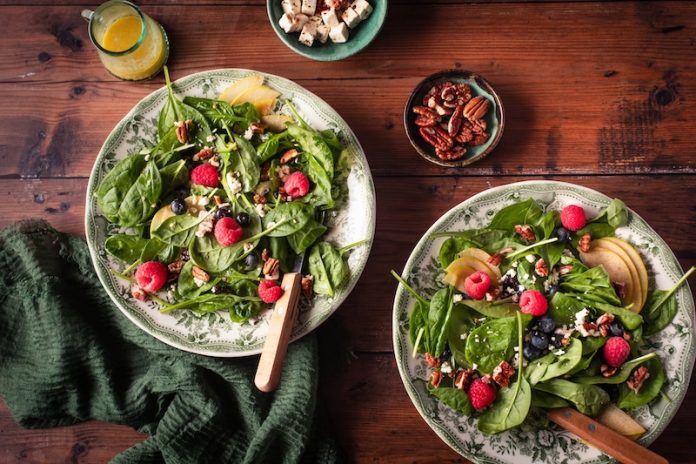
Kidneys are vital organs that help remove waste and excess fluids from your body. Kidney disease is a common health issue, but you can take steps to protect your kidney health through your diet.
In this review, we’ll explore the best and worst foods for kidney health so everyone can understand the science behind it and make informed choices for their well-being.
Before we delve into food choices, let’s understand the basics. Kidney disease can occur when the kidneys are damaged and cannot filter blood effectively.
Two key types are chronic kidney disease (CKD) and acute kidney injury (AKI). CKD develops gradually over time, while AKI is often a sudden and severe condition.
Best Foods for Kidney Health
- Low-Sodium Foods: High salt intake can lead to high blood pressure and kidney damage. Opt for fresh or frozen vegetables, and choose low-sodium or salt-free seasonings.
- Berries: Berries like strawberries, blueberries, and cranberries are packed with antioxidants and can help protect kidney function.
- Apples and Cherries: These fruits are high in fiber and antioxidants, which can benefit kidney health.
- Cabbage and Cauliflower: These cruciferous vegetables are low in potassium and phosphorus and can be a good addition to a kidney-friendly diet.
- Fish: Fatty fish like salmon, mackerel, and trout are rich in omega-3 fatty acids, which have anti-inflammatory properties and can support kidney health.
- Egg Whites: Egg whites are a high-quality source of protein without the phosphorus found in the yolks, making them a good choice for kidney health.
- Garlic: Garlic may help lower blood pressure and reduce inflammation, potentially benefiting the kidneys.
Worst Foods for Kidney Health
- High-Sodium Foods: Processed foods, canned soups, and salty snacks should be limited because they can lead to high blood pressure and kidney damage.
- High-Potassium Foods: Foods like bananas, oranges, and potatoes are high in potassium, which can be problematic for people with kidney disease.
- Red and Processed Meats: These are high in protein and can increase the workload on the kidneys, potentially worsening kidney disease.
- Dairy Products: Dairy is a significant source of phosphorus, which can build up in the bloodstream in kidney disease. Opt for low-phosphorus alternatives.
- Cola and Sugary Drinks: Colas contain high levels of phosphorus and are often loaded with sugar, which can contribute to kidney issues.
- Whole Wheat and Bran Cereals: These are high in phosphorus and should be limited in a kidney-friendly diet.
Numerous studies have explored the impact of diet on kidney health. Here are some key findings:
- A study in the Clinical Journal of the American Society of Nephrology found that a low-sodium diet helped slow the progression of kidney disease and reduce the risk of heart problems in people with CKD.
- The Journal of the American Society of Nephrology published research showing that berries and other antioxidant-rich foods can help protect kidney function.
- A study in the Journal of Renal Nutrition highlighted the importance of reducing dietary phosphorus in patients with CKD to slow disease progression.
- Research in the American Journal of Kidney Diseases suggested that a diet low in red and processed meats may benefit kidney health and reduce the risk of CKD.
Your kidneys play a crucial role in keeping your body balanced and healthy. Protecting their function starts with making wise food choices. Focus on a diet that is low in sodium, high in antioxidants, and mindful of phosphorus and potassium content.
You can support your kidney health and overall well-being by avoiding high-risk foods and embracing kidney-friendly options.
Always consult with a healthcare professional or a registered dietitian for personalized guidance on managing kidney disease through diet. Your kidneys will thank you for it!
Follow us on Twitter for more articles about this topic.
Copyright © 2023 Scientific Diet. All rights reserved.








